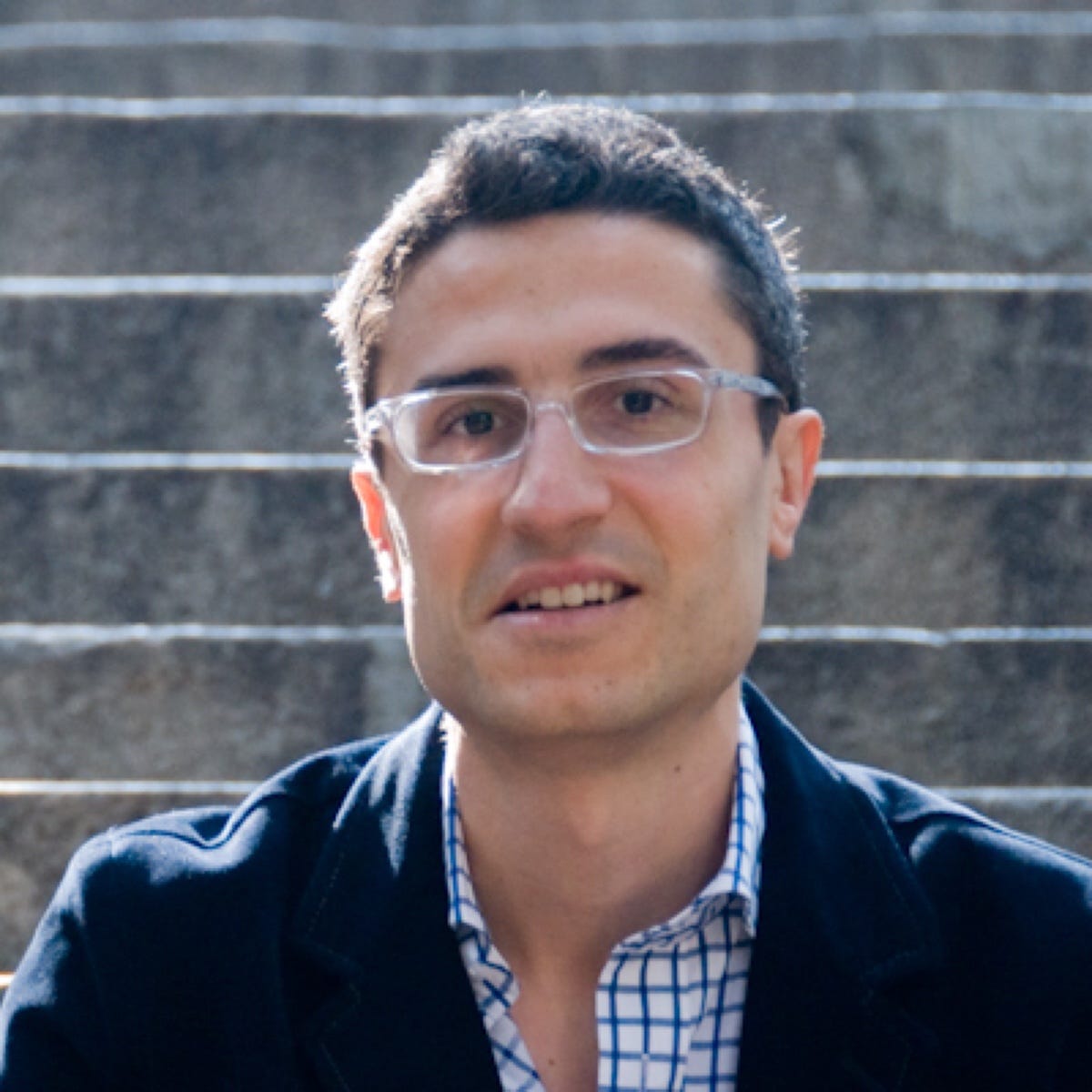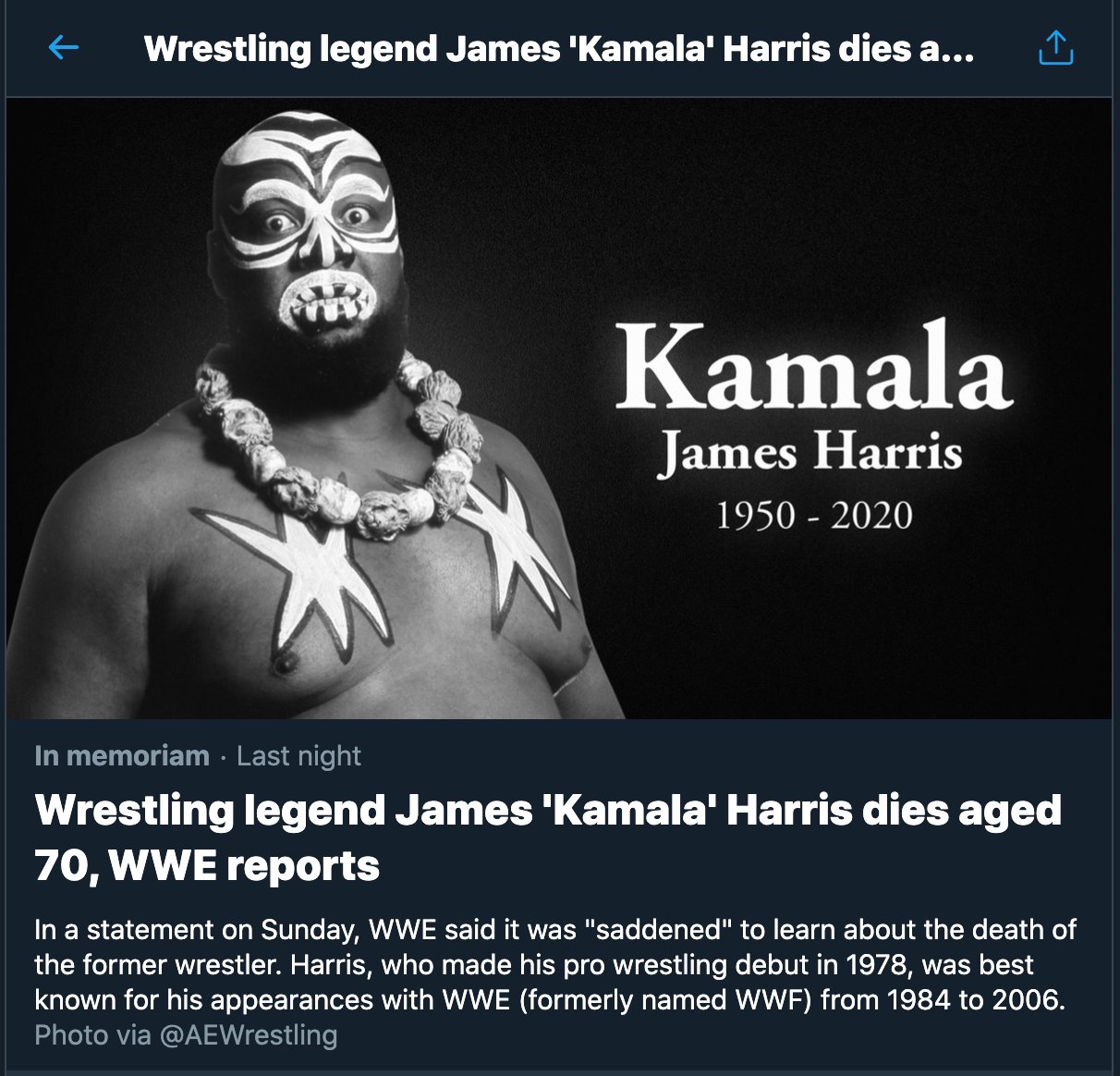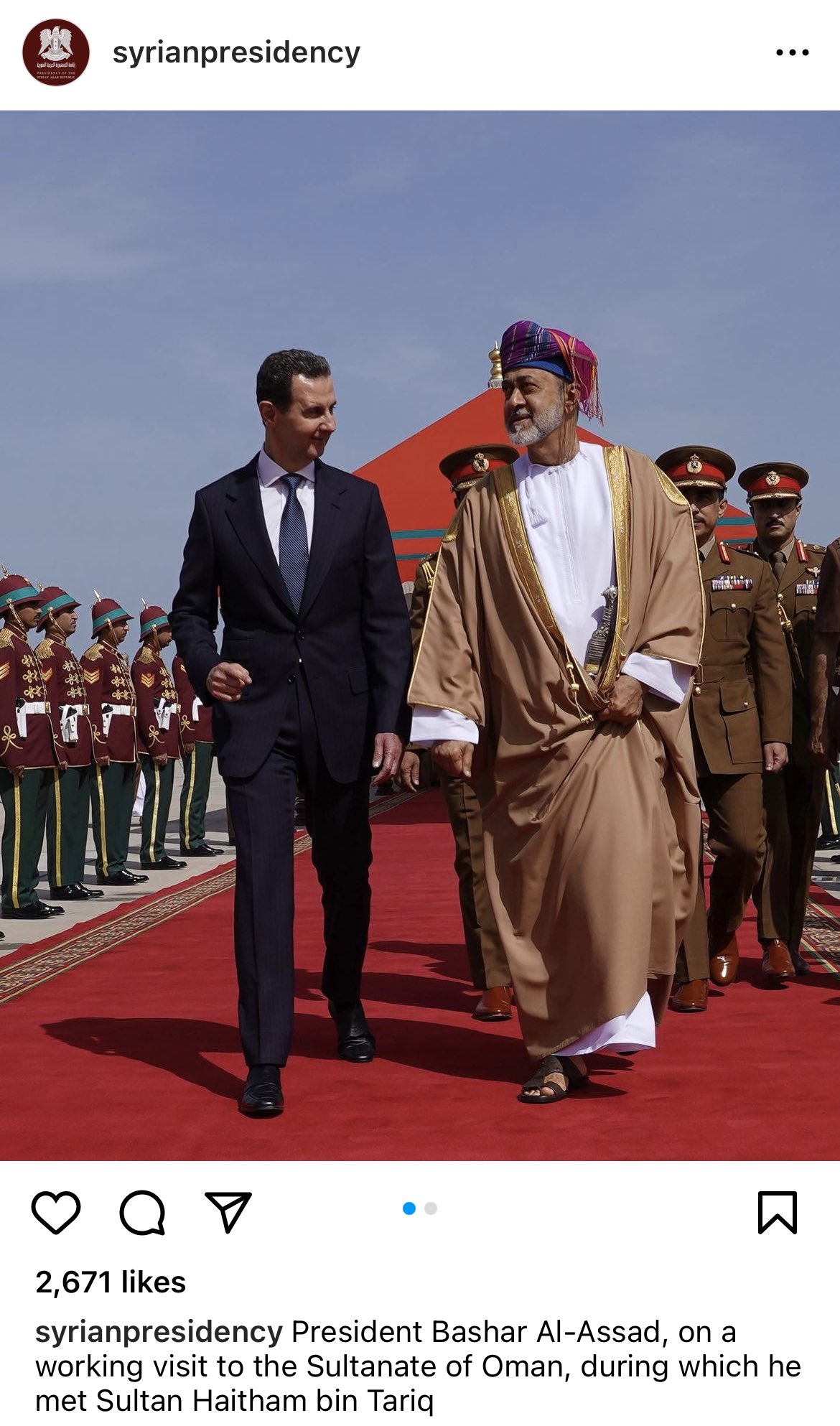Decoding Raf Sanchez's Linguistic Landscape: A Deep Dive Into His Language Skills
Unveiling the linguistic prowess of prominent figures like Raf Sanchez is often a topic of great curiosity, especially for those who follow international journalism. In an increasingly interconnected world, where news transcends borders and cultures, the ability to communicate across linguistic divides is not merely an asset but a necessity. For a journalist like Raf Sanchez, whose career is built on reporting from the world's most complex and diverse regions, the question of "what languages does Raf Sanchez speak" goes beyond simple curiosity; it delves into the very core of his professional effectiveness and his capacity to deliver nuanced, authentic stories.
This article will explore the linguistic landscape of Raf Sanchez, examining the known facts about his language skills and the broader implications of multilingualism in his demanding field. We will also contextualize his linguistic journey within the vast and intricate tapestry of global languages, drawing upon authoritative data to illustrate the sheer diversity and the surprising concentrations of human communication across the planet. Understanding the languages spoken by a journalist like Sanchez offers a window into the challenges and triumphs of global reporting, highlighting the profound impact of linguistic fluency on bridging cultural gaps and fostering deeper understanding.
Table of Contents
- Who is Raf Sanchez? A Brief Biography
- The Imperative of Language in International Journalism
- What Languages Does Raf Sanchez Speak? The Known and the Speculated
- The Global Linguistic Tapestry: A Broader Context
- The Challenge of Definition: Language vs. Dialect
- The Dominance of a Few: A Linguistic Paradox
- How Journalists Acquire Language Skills
Who is Raf Sanchez? A Brief Biography
Raf Sanchez is a highly respected British-American journalist, widely recognized for his extensive work as an international correspondent for CNN. His career is marked by a profound commitment to reporting from the front lines of global events, offering viewers insightful and often harrowing accounts from some of the world's most volatile regions. Sanchez joined CNN in 2017 as a London-based correspondent, quickly establishing himself as a reliable voice in international news. Before his tenure at CNN, he honed his craft at The Telegraph, where he served as a foreign correspondent, covering significant stories from the Middle East, including the Syrian civil war and the rise of ISIS.
His reporting assignments have taken him across continents, from the political intricacies of Washington D.C. to the humanitarian crises in Ukraine, the complexities of the Israeli-Palestinian conflict, and the social dynamics across Europe. Sanchez's reporting is characterized by its depth, his ability to convey complex situations with clarity, and his direct engagement with the people affected by global events. This extensive international experience naturally leads to questions about his linguistic capabilities and what languages does Raf Sanchez speak to navigate such diverse environments.
Personal Data & Biodata
| Attribute | Detail |
|---|---|
| Full Name | Raf Sanchez |
| Nationality | British-American |
| Primary Employer | CNN International |
| Current Role | International Correspondent |
| Notable Reporting Locations | Middle East (Syria, Iraq, Israel/Palestine), Ukraine, Europe, Washington D.C. |
| Previous Employer | The Telegraph |
| Known Languages | English (Native) |
The Imperative of Language in International Journalism
For a foreign correspondent like Raf Sanchez, language is far more than just a tool for communication; it is a gateway to understanding, a bridge to trust, and an essential element in the pursuit of truth. Reporting from diverse cultural and political landscapes demands an ability to connect with sources, interpret local sentiments, and grasp the nuances that often elude those reliant solely on translation. While skilled interpreters are invaluable, direct linguistic access offers unparalleled advantages.
Firstly, knowing the local language allows a journalist to build rapport and trust with sources more effectively. It signals respect for the culture and facilitates a deeper, more authentic conversation, moving beyond superficial exchanges. Secondly, it enables direct access to information that might not be readily available in English, such as local media, social media discussions, and everyday conversations. This direct access can provide crucial context and insights, helping to paint a more complete and accurate picture of events.
Furthermore, understanding the local language helps a correspondent to discern subtle shifts in tone, cultural idioms, and underlying emotions that can be lost in translation. This is particularly vital in conflict zones or politically sensitive areas, where misinterpretations can have significant consequences. For these reasons, the question of what languages does Raf Sanchez speak is not just about his personal skills, but about the very quality and depth of the news he delivers to a global audience.
What Languages Does Raf Sanchez Speak? The Known and the Speculated
When we delve into the specific question of what languages does Raf Sanchez speak, it's important to differentiate between publicly confirmed linguistic abilities and those that might be inferred from his extensive international career. Unlike some public figures who openly discuss their multilingualism, Raf Sanchez has not extensively detailed his foreign language proficiency in public interviews or biographies. However, the nature of his work strongly suggests a significant engagement with languages beyond his native tongue.
English: The Foundation of His Reporting
Unquestionably, English is Raf Sanchez's primary language. As a British-American journalist reporting for CNN International, English serves as the bedrock of his communication, both in his on-air reports and in his written analyses. English remains the dominant language of international media and diplomacy, making proficiency in it fundamental for a correspondent operating on a global scale. His eloquent and precise use of English is a hallmark of his journalistic style, allowing him to convey complex geopolitical narratives with clarity and impact to a worldwide audience.
Navigating Global Tongues: Potential and Professional Necessity
While English is his reporting foundation, the geographical breadth of Raf Sanchez's assignments strongly implies, or at least necessitates, an appreciation for, or functional understanding of, other languages. His extensive reporting from the Middle East, for instance, particularly during his time with The Telegraph and later with CNN, covering events in Syria, Iraq, and the Israeli-Palestinian conflict, would undoubtedly expose him to Arabic and Hebrew. While it is not publicly confirmed that he is fluent in either, a working knowledge of key phrases, cultural nuances conveyed through language, or even an understanding of basic conversational structures would be immensely beneficial, if not essential, for effective on-the-ground reporting. Many foreign correspondents develop a functional proficiency in local languages to navigate daily life, conduct informal interviews, and build trust within communities.
Similarly, his significant time reporting from various European countries, including Germany and Ukraine, suggests exposure to languages like German, Ukrainian, or Russian. In regions with diverse linguistic landscapes, even a basic command of the local language can significantly enhance a journalist's ability to gather information and connect with people beyond the confines of official channels or English-speaking elites. It is common for foreign correspondents to immerse themselves in language learning, either formally or through daily interaction, to deepen their understanding of the regions they cover. While we cannot definitively state what languages Raf Sanchez speaks beyond English, his career trajectory is a testament to the critical role that linguistic awareness and, often, multilingualism play in delivering world-class international journalism.
The Global Linguistic Tapestry: A Broader Context
The linguistic journey of a journalist like Raf Sanchez exists within a much larger and incredibly diverse global language landscape. Understanding this broader context helps appreciate the challenge and significance of language acquisition for international professionals. According to Ethnologue, a leading authority on global languages, it is the ultimate source of information on the world's languages. Currently, Ethnologue reports that there are 7,151 recognized languages in use, which are distinct from pidgins and creoles. This staggering number highlights the immense linguistic diversity that defines our planet. You can find, read about, and research all 7,159 living languages, from Afrikaans to Zulu, as this article presents an extensive overview of all the languages in the world, showcasing the incredible variety of human communication.
Welcome to the ultimate A to Z list of languages, a testament to humanity's endless capacity for expression. This vast array of tongues, each with its unique history, grammar, and cultural significance, underscores the complexity of global communication. For someone like Raf Sanchez, operating across multiple continents, this linguistic tapestry is both a challenge to navigate and a rich source of human stories waiting to be uncovered. The sheer number of languages means that even the most dedicated polyglot can only scratch the surface, emphasizing the strategic choices journalists must make about which languages to prioritize or how best to work with interpreters to bridge the gaps.
The Challenge of Definition: Language vs. Dialect
When discussing what languages does Raf Sanchez speak, or indeed any individual's linguistic repertoire, one inevitably encounters the complex and often contentious debate surrounding the definition of a "language" versus a "dialect." It is difficult to define what constitutes a language as opposed to a dialect, a challenge that linguists have grappled with for centuries. For example, while Arabic is sometimes considered a single language, it encompasses a vast spectrum of mutually unintelligible dialects, from Moroccan Arabic to Iraqi Arabic, which are often as different from each other as Spanish is from Italian.
This fluidity in definition means that the reported number of languages can vary slightly depending on the criteria used. Political and cultural factors often play as significant a role as purely linguistic ones in determining whether a speech form is classified as a distinct language or a dialect of another. This ambiguity adds another layer of complexity for international journalists. They might encounter situations where what is officially considered one language is functionally many, requiring a deeper understanding of regional variations to communicate effectively and avoid misunderstandings. This nuanced understanding is crucial for a journalist aiming for accuracy and cultural sensitivity in their reporting, regardless of what languages does Raf Sanchez speak fluently.
The Dominance of a Few: A Linguistic Paradox
Despite the thousands of languages spoken globally, a fascinating linguistic paradox exists: a significant portion of the world's population communicates in just a handful of tongues. In 2025, almost half of the world’s population claims one of only 10 languages as their mother tongue. This phenomenon is further highlighted by the fact that over 3.6 billion people speak the 20 most spoken languages in the world, accounting for only 0.3% of the world’s total languages. This concentration means that while there are thousands of languages, a small number dominate global communication, commerce, and media.
Determining what are the most spoken languages in the world is a complex task, often based on total number of speakers, including both native and second-language speakers. This is a list of languages by total number of speakers, and it reveals a landscape where languages like Mandarin Chinese, Spanish, English, Hindi, and Arabic command immense reach. Languages by continent and a list with the number of native speakers of the most widely spoken languages in the world further illustrate this uneven distribution. For a journalist like Raf Sanchez, operating in this environment means navigating between the global lingua francas and the myriad local tongues, each offering unique insights.
The Power of Multilingualism in a Globalized World
In this context of both vast diversity and concentrated dominance, the power of multilingualism for professionals like Raf Sanchez becomes even more apparent. Beyond mere communication, knowing multiple languages fosters a deeper understanding of different cultures, worldviews, and historical narratives. It opens doors to perspectives that might otherwise remain inaccessible, enriching a journalist's reporting with authenticity and nuance. For example, understanding a local language allows a reporter to grasp the true sentiment of a protest, the subtle humor in a local joke, or the underlying tension in a political speech, going beyond the literal translation.
Multilingualism also offers significant career advantages in a globalized world. It enhances adaptability, broadens professional networks, and enables direct engagement with diverse communities. For someone whose job involves reporting on international conflicts, political shifts, and social movements, the ability to switch between languages or even understand snippets of conversation can provide critical real-time information and a competitive edge. This deep immersion, facilitated by language skills, is what allows journalists to move beyond surface-level reporting and deliver stories that truly resonate with global audiences, regardless of what languages does Raf Sanchez speak on a daily basis.
Celebrating Linguistic Diversity: Beyond the Top 20
While the focus often falls on the most widely spoken languages, it is crucial to remember and celebrate the world's profound linguistic diversity. The article also lists lots of languages which have no (or very few) native speakers, highlighting the plight of endangered languages and the importance of linguistic preservation. Learn about the world’s languages and celebrate the global linguistic diversity by exploring the UNESCO World Atlas of Languages. This resource underscores the cultural richness embedded in every language, regardless of its speaker count.
Every language represents a unique way of seeing the world, a distinct cultural heritage, and a repository of knowledge. The simple act of saying 'thank you' in different languages, as highlighted in many linguistic guides, can be a powerful gesture of respect and connection. In this article, we present a comprehensive list of languages of the world, highlighting their significance and relevance in today’s interconnected global society. For international journalists, acknowledging and respecting this diversity, even when not fluent in every local tongue, is paramount. It involves understanding the importance of local languages, the role of interpreters, and the ethical considerations of reporting across linguistic boundaries to ensure stories are told accurately and respectfully.
How Journalists Acquire Language Skills
The path to acquiring language skills for journalists like Raf Sanchez is multifaceted and often a lifelong endeavor. It typically involves a combination of formal education, intensive immersion, and continuous on-the-job learning. Many aspiring foreign correspondents pursue degrees in international relations, journalism, or specific regional studies that include rigorous language training. This foundational learning provides the grammatical structures and vocabulary necessary for more advanced proficiency.
Beyond formal education, immersion is arguably the most effective method. Living and working in a foreign country, surrounded by the target language, accelerates acquisition dramatically. Journalists are often thrust into situations where they must use the local language for daily tasks, interviews, and navigating complex social dynamics. This practical application solidifies their learning and builds confidence. Furthermore, the continuous nature of global events means that language acquisition for foreign correspondents is rarely a static process; it's an ongoing commitment to refining skills, adapting to new dialects, and learning new phrases as they move from one assignment to another. The ability to quickly pick up essential phrases and understand cultural cues is a valuable asset, even if full fluency in every language of every assignment is an unrealistic expectation. This dedication to linguistic growth, whether through formal study or practical immersion, underpins the effectiveness of their reporting and directly impacts what languages does Raf Sanchez speak or at least understand in his professional capacity.
Conclusion
The question of what languages does Raf Sanchez speak leads us on a fascinating journey through the world of international journalism and global linguistics. While English remains his primary tool for communicating with a worldwide audience, the very nature of his distinguished career as a foreign correspondent for CNN strongly implies a deep appreciation for, and likely a functional understanding of, other languages. His extensive reporting from diverse regions like the Middle East and Europe underscores the imperative of linguistic awareness in delivering nuanced and authentic news stories.
Beyond Raf Sanchez's personal linguistic profile, this exploration highlights the broader significance of multilingualism in our interconnected world. It reminds us of the thousands of languages that enrich human culture, the surprising dominance of a few, and the continuous challenge of defining and preserving linguistic diversity. For journalists, language skills are not just an advantage but a critical component of their ability to build trust, access diverse information, and bridge cultural divides. As global citizens, understanding and celebrating this linguistic tapestry, whether through learning new tongues or supporting language preservation, empowers us to connect more deeply with the world around us. What are your thoughts on the role of languages in international reporting? Share your insights in the comments below, and explore our other articles on global communication and cultural understanding!

Raf Sanchez – Medium

Raf Sanchez on Twitter: "@bryanocarroll And, like, not even a very good

Raf Sanchez on Twitter: "Assad is in Oman today. He seems to be growing